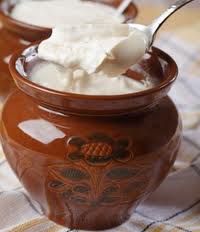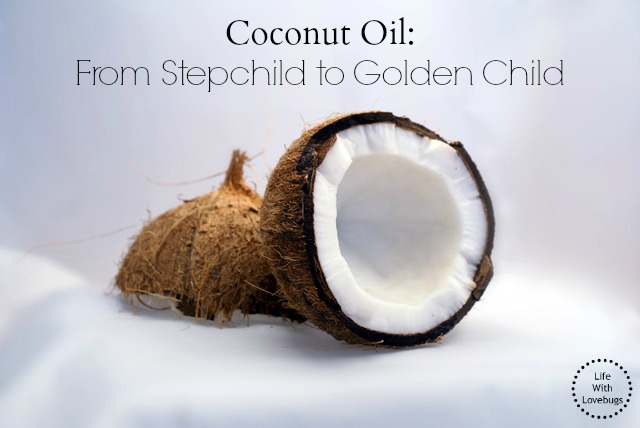Benefits of Fermented Foods
Fermented foods are great for our bodies!
Fermentation occurs when bacteria start consuming or digesting a certain food, which at the same time inhibits the growth of the spoiling bacteria. In vegetables, the lactic acid bacteria in the plant start to metabolize the sugar and reproduce prolifically. These fermented foods are alive with nutrition, strong odors and fermenting your own foods is quite easy, and many recipes (like sauerkraut) on ly require the master staple, cabbage . . . nothing else, or vinegar, salt or whey (the liquid that forms on top of yogurt), and a few weeks of time. You can certainly purchase fermented foods in farmers markets or natural food stores if you are not feeling very Martha Stewart-y. Make sure your foods are not pasteurized, however, (a touchy and misinformed subject), for once pasteurized, all the live enzymes and nutrients die.
ly require the master staple, cabbage . . . nothing else, or vinegar, salt or whey (the liquid that forms on top of yogurt), and a few weeks of time. You can certainly purchase fermented foods in farmers markets or natural food stores if you are not feeling very Martha Stewart-y. Make sure your foods are not pasteurized, however, (a touchy and misinformed subject), for once pasteurized, all the live enzymes and nutrients die.
Through the fermentation process, organisms produce alcohol, lactic acid, and acetic acid (all “bio-preservatives”) which help the foods keep their body healthy nutrients and prevent spoilage.
Fermentation also breaks food down into more easily digestible forms and into beneficial amino acids.
It creates new nutrients, too. The microbial cultures create B vitamins, including folic acid, riboflavin, niacin, thiamin, and biotin. Some have been shown to function as antioxidants.
Fermentation also removes toxins from foods.
Best Fermented Foods
For the best types of fermented foods, stick with foods that come from Mother Earth, caveman or “Primal” type foods. Sauerkraut, dairy (pictured here, and full-fat Greek style yogurt–high in saturated fat and protein, low in carbohydrates, or strain your own yogurt–much of the sugars are in the liquid whey), kefir, and aged cheeses. Some health gurus make fermented fish sauce: place together salt, liquefied sardines and anchovies fermented with special herbs and spices outside in the sun for months at a time, Kombucha (but cycle in and out of drinking this tonic, for too much of a good thing may shock and strain the liver).
Dr. Nancy Lin DeGreogori, Ph.D




